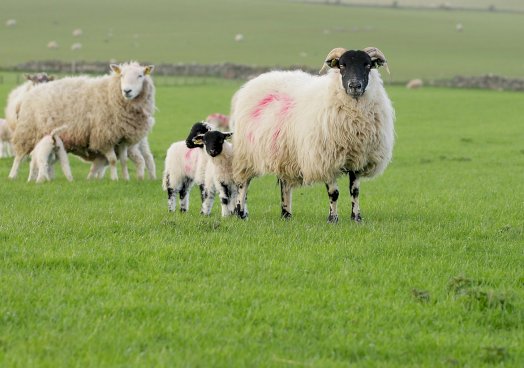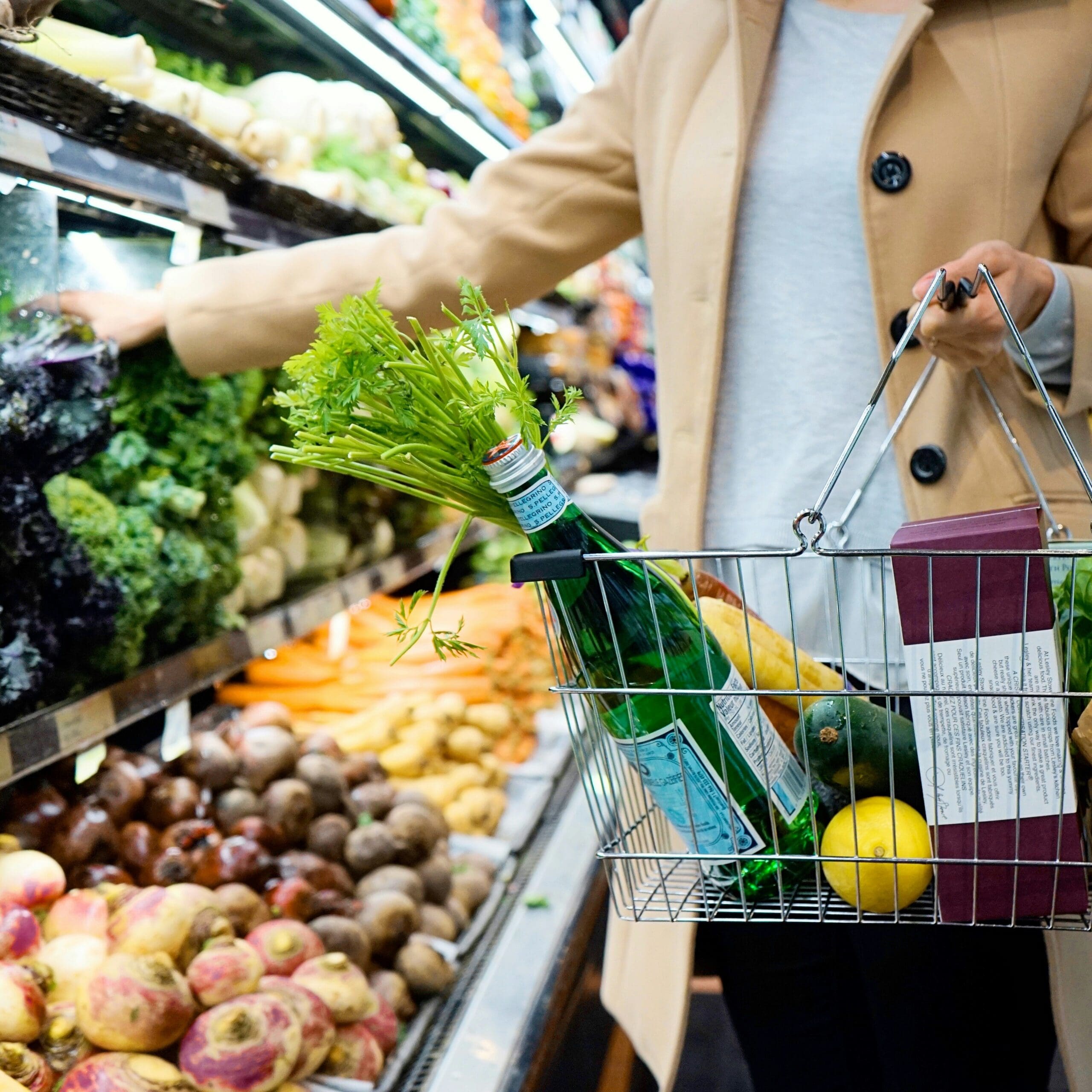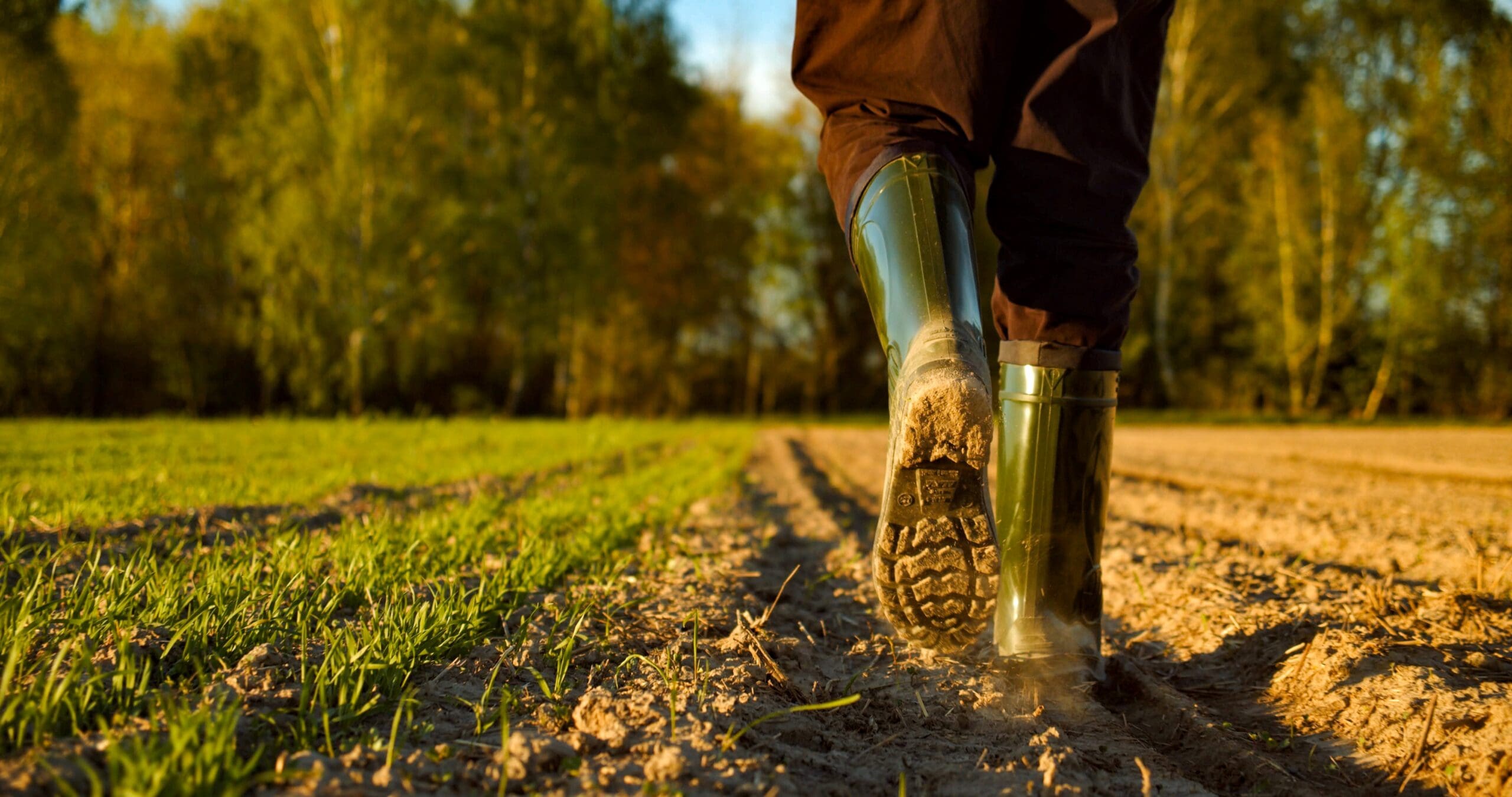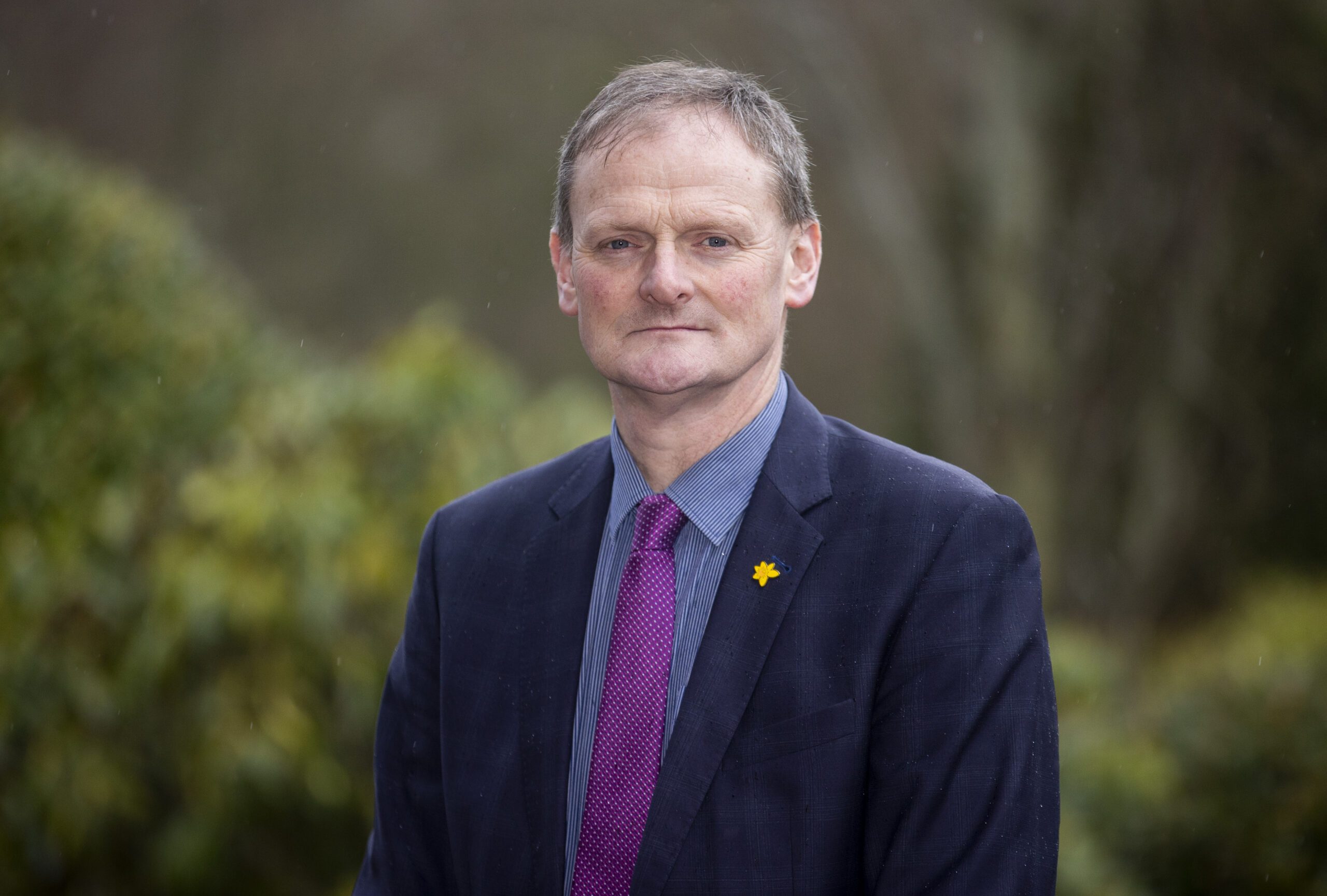
By policy officer, Daryl McLaughlin
Suckler beef and sheep farmers have faced one of the most expensive springs and summers to date, as the cost of production continues to soar. Suckler and sheep are vulnerable sectors and with lower income than most other commodities, the family farm income will be significantly impacted. With farm profitability dropping significantly now for these two sectors, the government needs to put a package of support measures in place for the short and medium term.
Greater transparency around the costs of production for these sectors would also be a big help to the sector. Many beef farmers have been talking about costs in the region of £5/kg/DW this year and while the market has been strong, it has seen a steady fall now for almost six weeks. For lambs, farmers are seeing cost of production in the region of £6.20/kg/DW and lamb price has also seen a sharp fall over the last six weeks.
More farmers than normal are likely to have taken overdrafts and loans from banks to help them through the summer season, however, this will come at a cost. Increased bank interest rates and national insurance contributions will have a bearing on the overall farm accounts this year as well. The likes of fencing materials, sprays and animal medicines have all seen an increase this year as well as the three main inputs – fertiliser, feed and fuel.
While the single farm payment is coming earlier this year it will only really help farm cash flow. Beef and sheep farmers could have been doing with a top-up this year to help bridge these costs. The latest figures from the Teagasc farm survey said average income from suckler farming was under €10,000 and the average income from beef farming was under €16,500. Now that Britain has left the European Union, farmers have the battle with the Westminster Government to retain the farm support budget. At the moment, this funding is only for the life of the parliament which is planned to run to 2024. NI has now lost its ‘pillar one’ and ‘pillar two’ model, and going forward, retaining support will be a challenge.
The Irish Farmers Association (IFA) are also pushing the government of Ireland to further support the sucker and sheep sectors and to provide support from the Brexit adjustment fund. The importance of food security and supply surely has to be on the government’s mind. Farmers were keyworkers during the Covid-19 pandemic so surly government would do what it could to ensure they support these key workers now.
The Ulster Farmers’ Union (UFU) livestock committees want to help take the industry forward, but farmers can’t be expected to do more for less. Since May, the UFU have had countless meetings with industry representatives, retailers and processors to stress the issues with cost of production and the impact this will have on the family farm.
Public good comes at a cost, producing protein sustainably comes at a cost, maintaining and enhancing habitats comes at a cost, managing heather and carbon sinks comes at a cost, protecting water and supplies comes at a cost, providing a landscape for tourism comes at a cost, cross compliance (red tape) comes at a cost, and we must be totally honest with ourselves to what consumers are willing and able to pay for?
Our politicians want Northern Ireland to achieve net zero and significantly reduce emissions and they have said that carbon audits would be made available. I am sure farmers will not be found wanting to help achieve this, but realistic support mechanisms need to be made available. The suckler beef and sheep sectors deserve additional target support as they farm in areas that cannot be farmed by other means and they provide the critical foundation for the food supply chain with many depending on their throughput. Maintaining and developing these sectors sustainability should now be a priority for all policy makers, but there has to be something in it for the farmer. Lessons learned from the past should be remembered and there needs to be a much more joined up, holistic approach going forward, to deliver society’s true needs. We have seen endless reports of how our industry wants to and needs to progress so now is the time for action not wanting!




